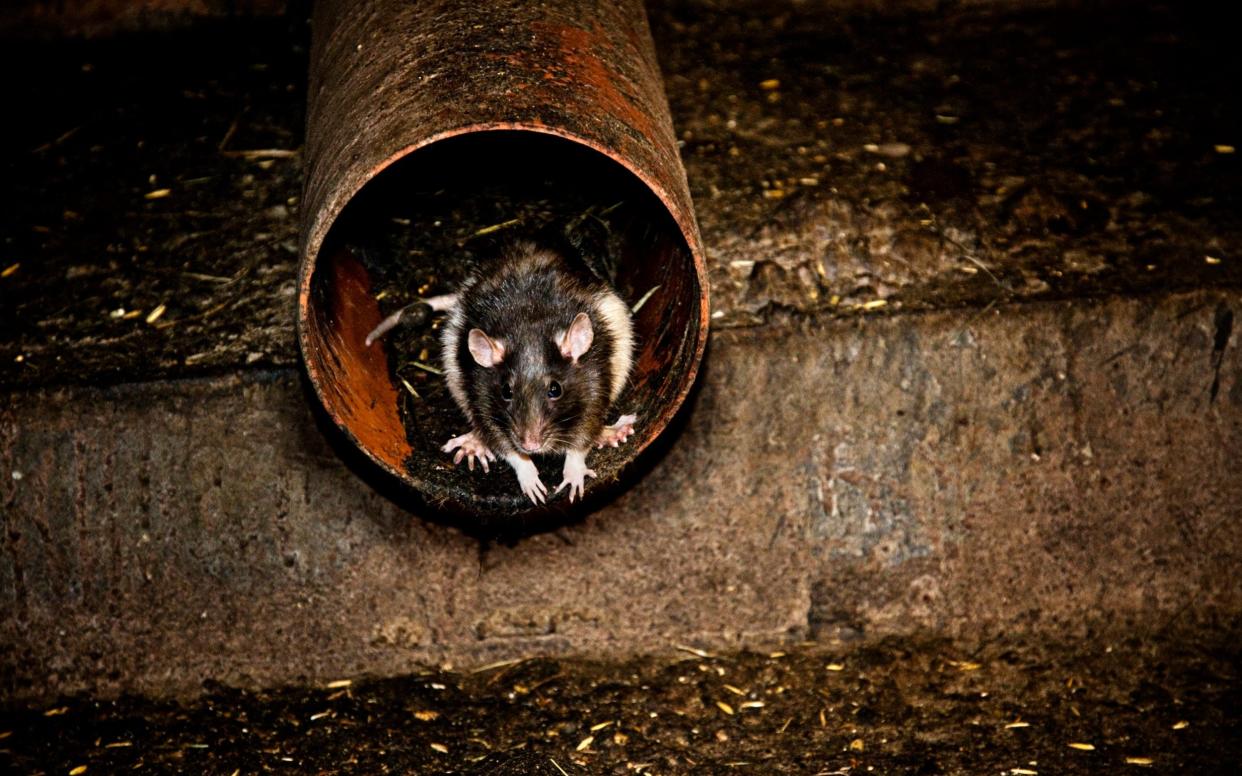Rats could fuel next coronavirus outbreak after catching it from sewage

Rats could pick up coronavirus from sewage and pass it back to humans, sparking new outbreaks, government scientists have warned.
In a new report from the Department for Environment, Food and Rural Affairs (Defra), experts concluded that wastewater workers and pest controllers were at particular risk of picking up an infection, although the general public had little to worry about.
Laboratory studies have shown that rats can contract coronavirus, and Defra is also concerned that the virus could mutate in the animals, creating a more virulent variant.
Coronavirus is known to be present in sewage, which is now monitored in some British cities to track the local rate of the virus.
The new study, released on Friday by the Scientific Advisory Group for Emergencies (Sage), said that around 50 workers are infected with rat-borne diseases each year, and warned that if similar numbers caught coronavirus, it could start an outbreak.
The authors said: “This level of rodent-human transmission of coronavirus could be enough to seed a new outbreak in the human population with low immunity or if the variant of concern evades the vaccine-induced immunity. “
There are an estimated eight million rats in Britain. They live in colonies, and have close contact with one another, making it easier for viruses to transmit.
The authors stated the risk is “reduced considerably” for the general population and pet rat owners where public health or sanitary protection is good, but have called for greater surveillance in industries which regularly come into contact with wild rodents.
“Even at very low risk if this is of a variant that is easily transmitted between people, then the potential impact is greater,” the report concluded.
“There are key uncertainties around whether the variant of concern would become established in a rodent population, or would the virus become adapted to the rodent host and would no longer be able to infect a human or establish a new outbreak.
“Therefore there remain some important questions about whether these populations could act as reservoirs for future outbreaks but targeted surveillance in human populations at a higher risk of exposure would answer some of those questions in time.”

 Yahoo News
Yahoo News 
